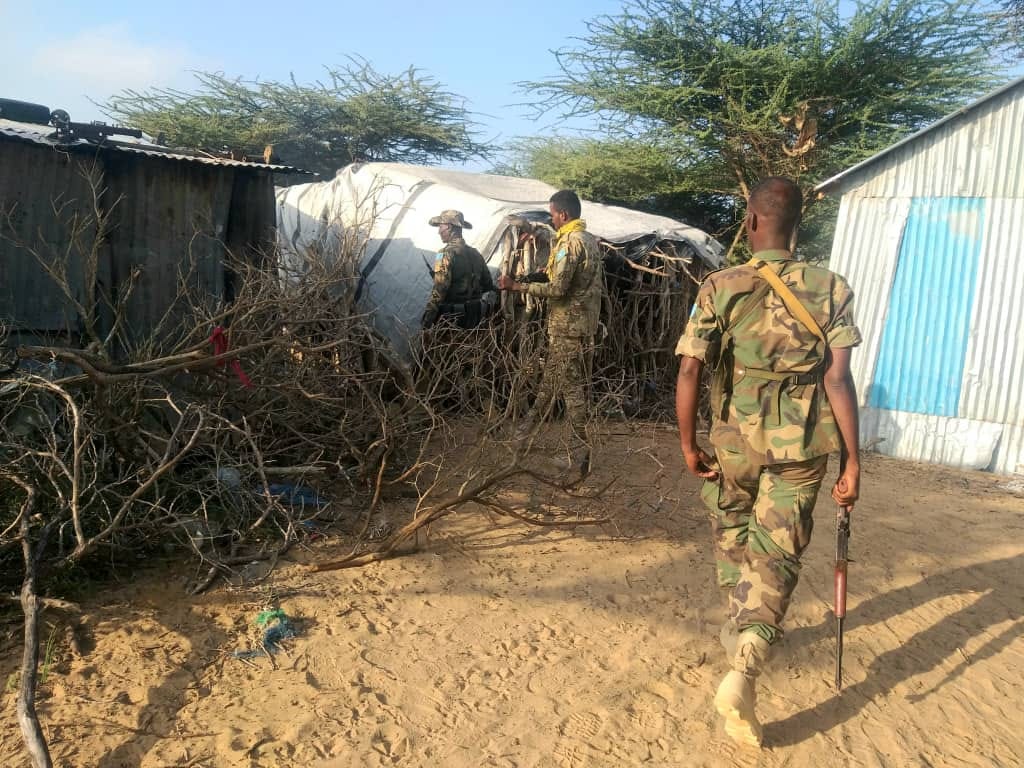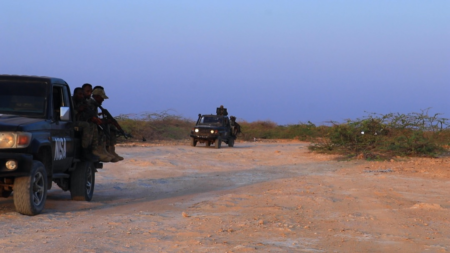Four Al-Shabaab Fighters surrendered to authorities in Baidoa, Southwest State, on April 1, 2025. Their defection follows intensified military operations and airstrikes targeting the militant group in southern Somalia. Officials believe these surrenders indicate internal fractures within the group. The government has urged more fighters to abandon militancy and reintegrate into society.
Al-Shabaab Fighters Surrender Amid Military Pressure
Four Al-Shabaab fighters surrendered to authorities in Baidoa on April 1, 2025. This comes as Somali and allied forces intensify their operations against the group. The government has reported a steady increase in defections, with over 150 militants surrendering in the past year. Air and ground offensives have significantly disrupted Al-Shabaab’s operational capacity in the region.
Government’s Reintegration Plan for Former Militants
The Somali government has implemented a reintegration program for defectors, offering rehabilitation and vocational training. Reports indicate that over 1,000 ex-militants have participated in these programs since 2021. Authorities believe providing economic alternatives and social reintegration reduces the likelihood of recidivism. International partners, including the UN, support these initiatives through funding and technical assistance.
Impact of Recent Airstrikes on Al-Shabaab Operations
Aerial strikes and targeted military operations have weakened Al-Shabaab’s strongholds in southern Somalia. Security reports show that over 30 airstrikes have been conducted in 2025 alone, targeting key Al-Shabaab hideouts. These strikes have disrupted supply chains and forced militants to flee strategic areas. Intelligence sources suggest the group’s leadership is struggling to maintain cohesion amid continuous assaults.
Rising Defections Signal Weakening of Al-Shabaab Fighters
Analysts note that increasing defections reflect a weakening Al-Shabaab structure. In the past three months, more than 40 militants have surrendered in different parts of Somalia. Security officials credit this to intensified military campaigns, improved intelligence-sharing, and growing dissatisfaction within militant ranks. The Somali government continues to encourage defections, offering amnesty to those willing to abandon the insurgency.








